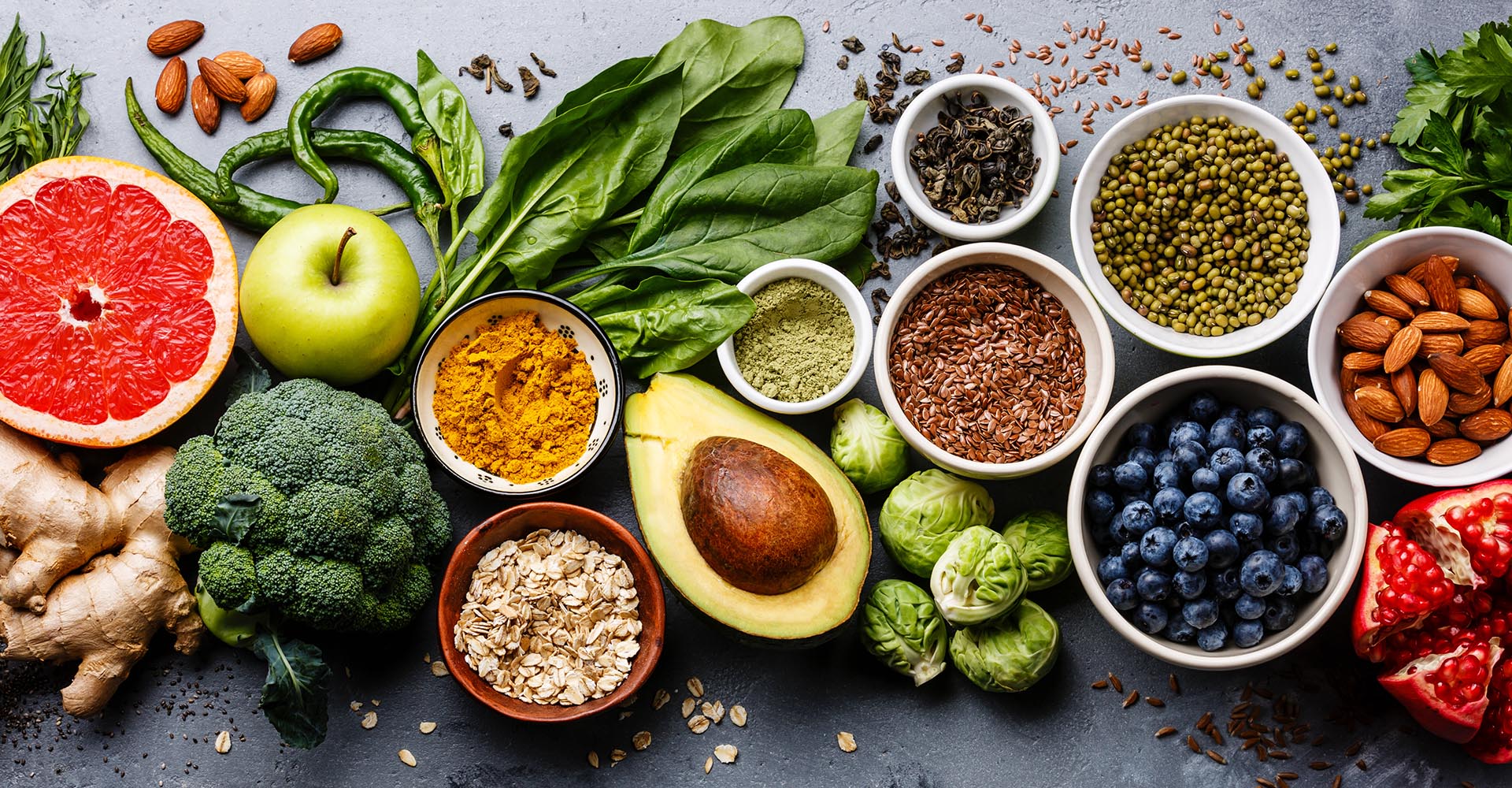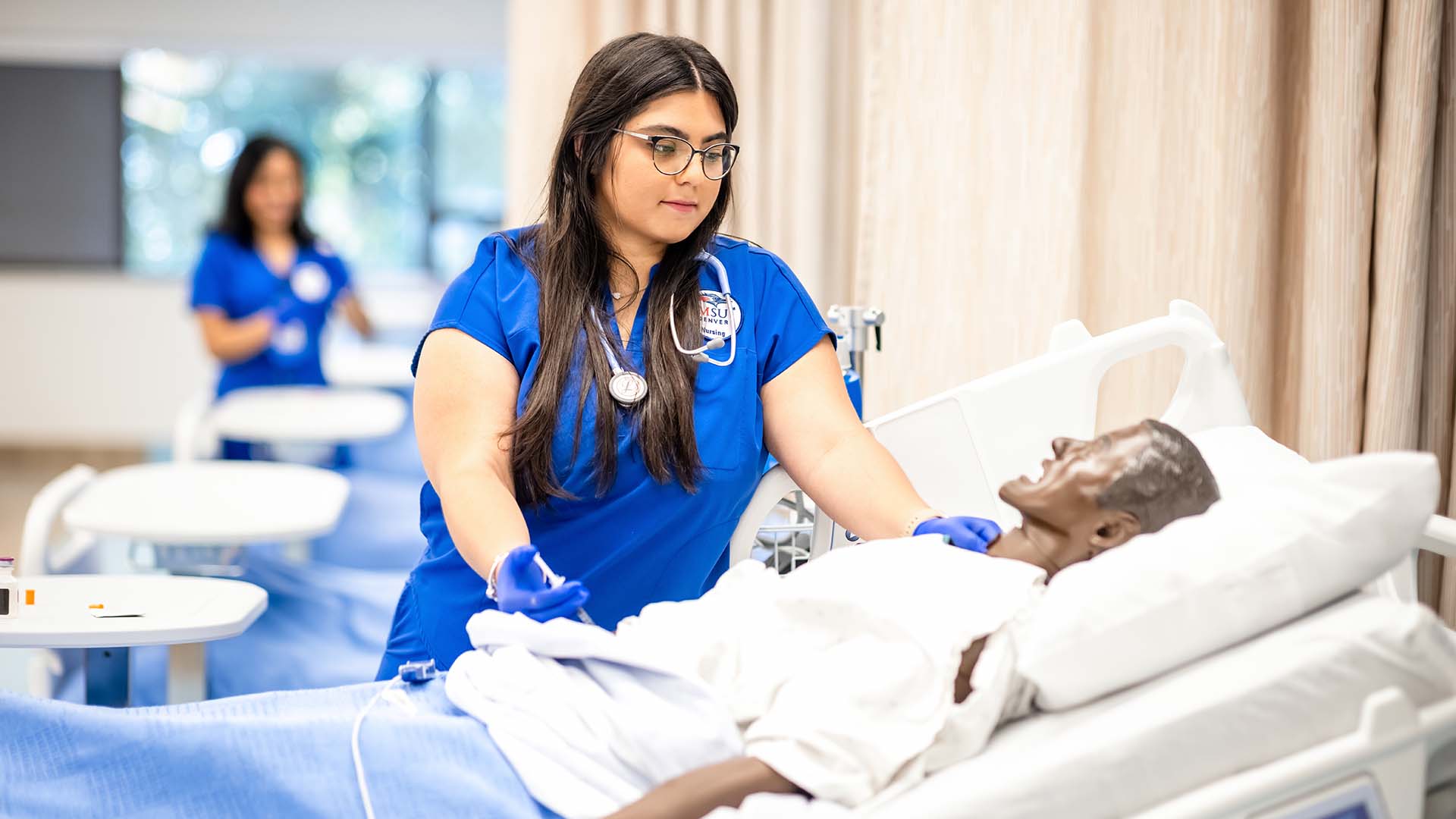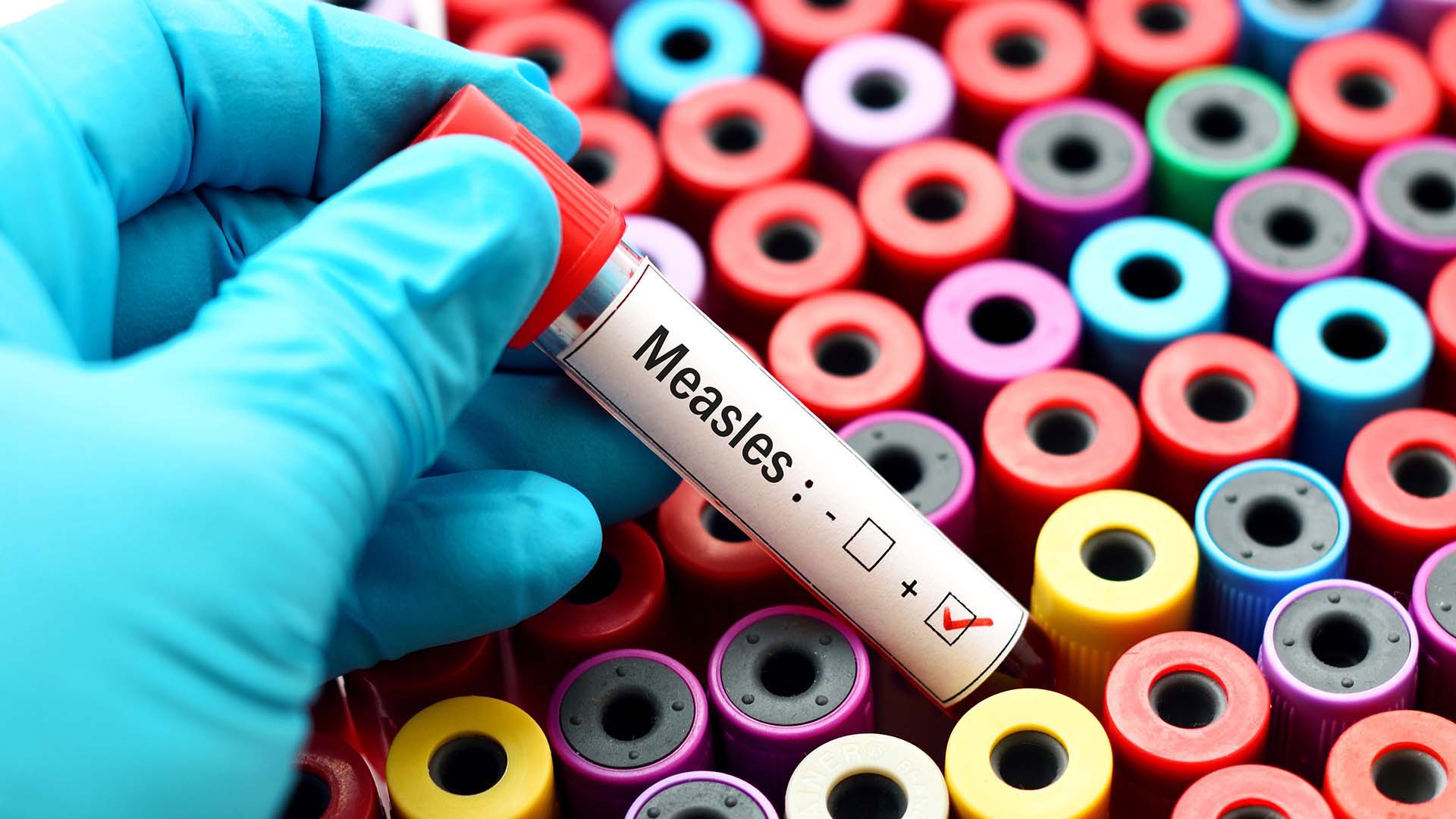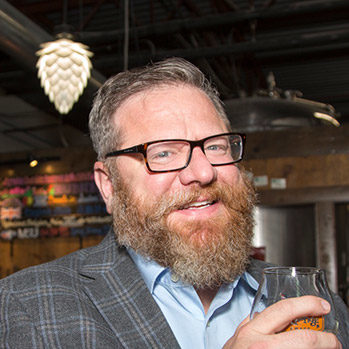A recipe for eliminating diet disparities
White people comprise 91% of Registered Dietitian Nutritionists in Colorado. Here’s how MSU Denver will use more than $5 million in grants to diversify the pipeline into the critical field.

Jonathan Padia’s priority is keeping 863,561 Colorado kids fed and healthy.
Padia is a Nutrition Program principal consultant with the Colorado Department of Education’s School Nutrition Unit. He works with the state’s 181 school districts to build menus with whole grains, reduced sodium, more fruits and vegetables and reduced-fat milk, as required by 2010’s Health and Hunger Free Kids Act.
His work to make access to nutritious food more equitable is critical, as many of Colorado’s children from communities of color who rely on school-provided meals face socioeconomic disparities that have resulted in food and nutrition deserts. And those disparities have only been heightened by the COVID-19 pandemic and school closures, said Padia, a 2013 nutrition graduate of Metropolitan State University of Denver.
“Meal planning is complex,” he said. “It has to be tailored to each individual school and each individual person.”
But with white people comprising 91% of Registered Dietitian Nutritionists in the state, many children of color don’t learn about health and diet from people who come from their own communities. Now, two grants administered by MSU Denver promise to diversify the RDN pipeline to put more people like Padia, who identifies as a Hispanic male, in position to have an impact on school cafeterias and classrooms.
“I’m Hispanic, so I can relate to folks talking about different religious practices and the kind of food that Grandma makes,” he said. “That gives us the chance to have these health and wellness conversations on the ground.”
The U.S. Census Bureau reports that 34% of Colorado residents are people of color, while 21.5% of the state’s residents identified as Hispanic in 2017.
For a field critical to addressing Type 2 diabetes, hypertension, asthma and COPD – conditions that disproportionately affect communities of color – the contrast of who gets to be an RDN is glaring.
“Any time you see a discrepancy between a population and professional representation, that’s a red flag,” said Rachel Sinley, Ph.D., associate professor and chair of MSU Denver’s Department of Nutrition. “You have to ask what’s happening in the educational system that’s resulting in the mismatch.”
Sinley is principal investigator on a $2 million Post-baccalaureate Opportunities for Hispanic Americans Department of Education grant that the University received last September. The grant was awarded as a result of MSU Denver’s status as a Hispanic-Serving Institution. Along with the $3.25 million the department also received from the Health and Resource Services Administration for direct financial support of up to $26,000 per undergraduate student, it’s a concerted effort to help diversify the RDN pipeline, which currently requires a four-year undergraduate diploma and a yearlong full-time dietetics internship; starting in 2024, it will require a master’s degree.

“We know the ability to afford college is a barrier,” Sinley said. “It’s our job to create structures that help students bridge the gap.”
For a field projected to grow by 11% from 2018 to 2028, it’s a career opportunity for nutrition students to have substantial impact in their communities. One of the structures of the POHA grant is an iteration of the five Health Scholars programs found in the University’s Health Institute, an interdisciplinary consortium dedicated to revolutionizing health in Colorado. The cohort-based approach combines intrusive bilingual life-design advising with mentorship and social support to ensure that students have a highly personalized and high-touch advocate to help address challenges faced in the current preparatory model.
Perhaps most beneficial, though, could be the professional connection with those who have a similar lived experience, said Manny Del Real, Ph.D., executive director of HSI initiatives and inclusion at MSU Denver. Language barriers, health-insurance issues and a stigma around seeking mental-health support are all challenges the University is well-positioned to address.
“It’s critical for minoritized communities to know about these resources and remove the fear of asking,” he said. “And it’s powerful when you have someone who looks like you explain why certain dietary considerations are important.”






